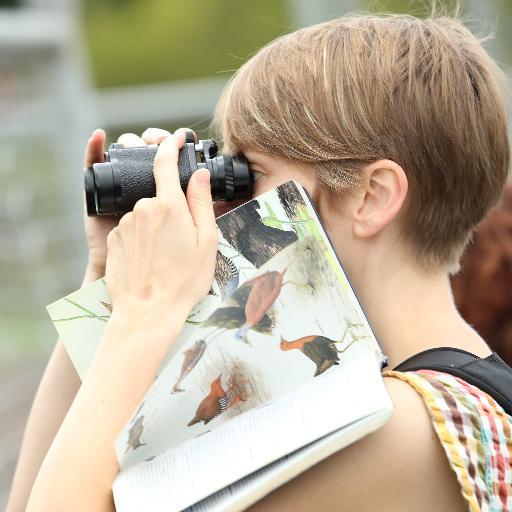Ann Jones presents Off Track on ABC Radio National, and is currently filling in for Richard Fidler on Conversations. She talked to us about how she thinks about editing, and the incremental picture sound can paint.

What piece of audio has had the most profound effect on you – as a listener, as an audio maker or both?
The sound that a flock of Eastern Curlews made as they lifted off the mudflat in Broome to migrate to China still gives me shivers. It makes the hairs on my arms stand up just thinking about it.
Where did the idea for your recent four-part BBC World Service co-production, ‘Flying For Your Life‘, come from?
I’d previously reported on shorebirds, and I knew that I could have a crack at telling the larger narrative if only I could get the chance. Luckily, I got a chance. It’s just one of the many billions of ideas that I have in my head, scribbled in notebooks, on my hands and sent in emails to myself.
What’s your favourite part of making radio?
I do love sound design. I suppose I’m referring there to the subtle use of sound to help the listener along in a story. I’m thinking of the sounds before they’re recorded, when I’m onsite, and then very, very carefully in the editing process.
What is the hardest part of producing Off Track?
I sort of wish I could be in five places at once, as I have more ideas and more opportunities than I have the capacity to record.
I’m thinking of the sounds before they’re recorded, when I’m onsite, and then very, very carefully in the editing process.
I also find myself unable to not listen to the world, or look at things. Everything is a story.
What’s the best thing about working with sound?
Ears are pretty intimate. It is a privilege to think that someone is willing to have me in their headphones.
Sound is also transportive, and surprisingly much more imaginative for the audience than many other mediums. For example, watching television can be quite passive; you are fed the experience whole. In radio, you hear the voice and your brain constructs an image of that person, adding bit by bit to it – perhaps when you hear a shoe shuffle, a reaction, the sound their shirt makes as they move. Small, subtle sounds that I record can completely transport you and transform your mood. I think that makes it a much more immersive experience.
What has been your biggest lesson as a producer so far?
Edit for breath.
Edit for sound.
Edit for silence.
Do you interact with your audience, or receive feedback or criticism about your work?
Yes, I do receive both good and bad feedback from the audience. Both are useful in their own ways! I do love to hear from the listeners, because it helps keep you grounded in the real reason you’re working on the programme. I’m on all manner of social media too.
What are you listening to at the moment?
Oh, it’s all over the place at the moment – a fair bit of Love Me, lately. My podcast feed actually includes lots of random single episodes of podcasts from around the world – I either listen to a tiny bit of everything like a tasting plate for style, or binge a whole archive in one go. Nowhere in between for me.
What’s your favourite Australian podcast, and why?
I’ve been digging The Real Thing lately. It feels like the podcast cousin of Off Track – it’s like you’re going on an adventure, but it’s even better, ‘cos you’re with your mates.
I think Australian audio has a track record of saying, and playing, it real.
What do you think is unique about Australian audio?
I think Australian audio has a track record of saying, and playing, it real. Artifice is the enemy of intimacy.
What’s next for you as a producer?
looks for crystal ball under desk